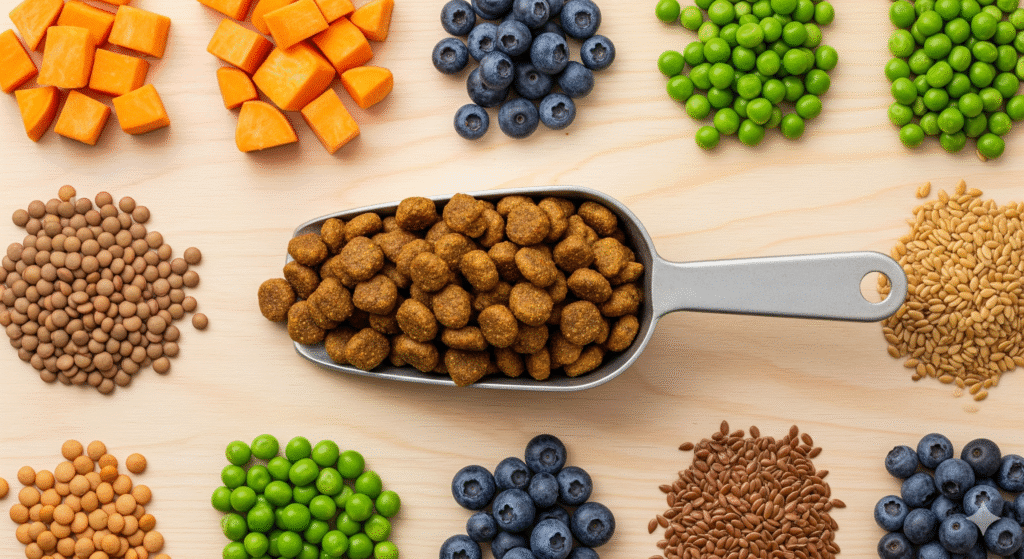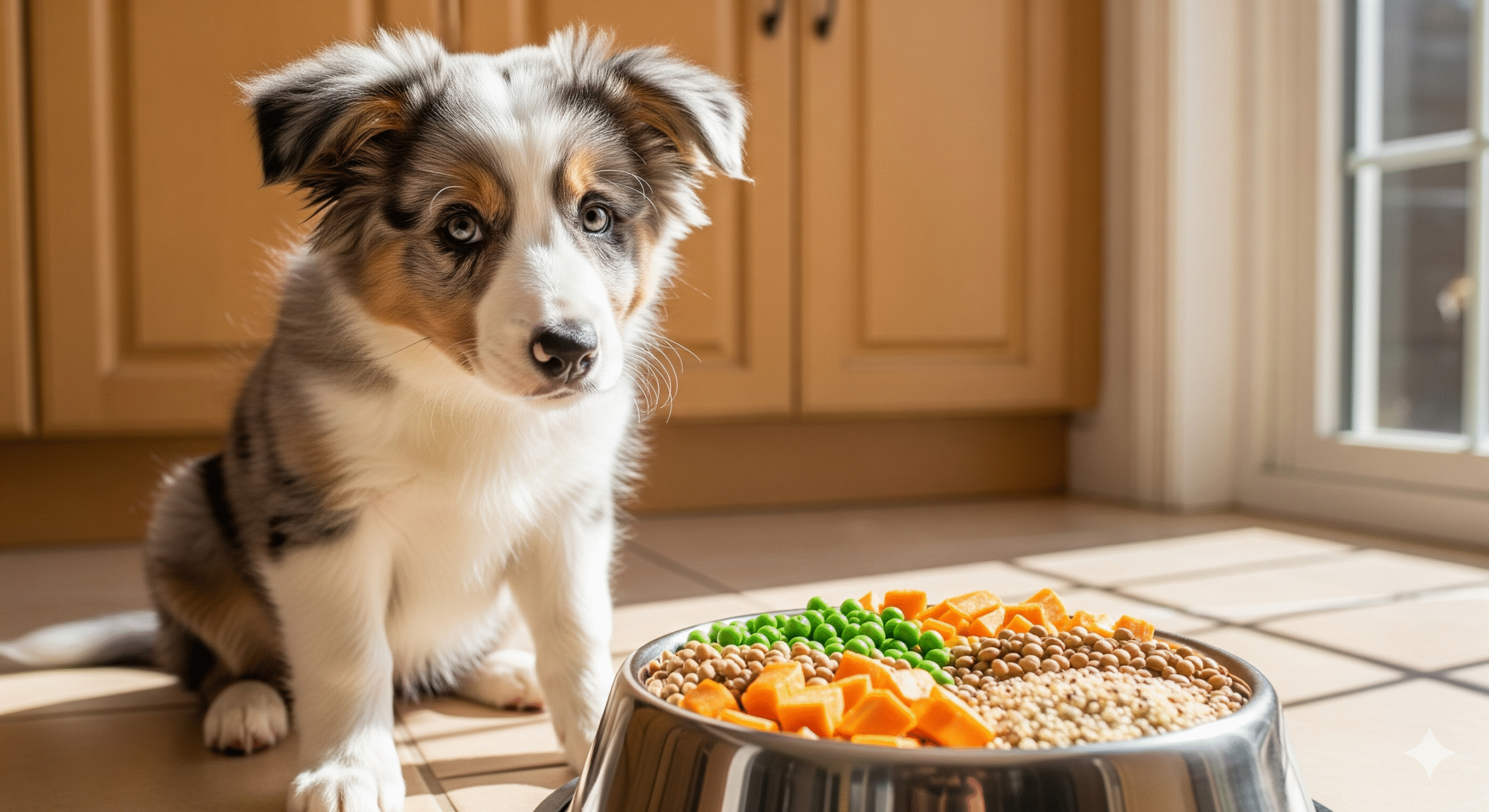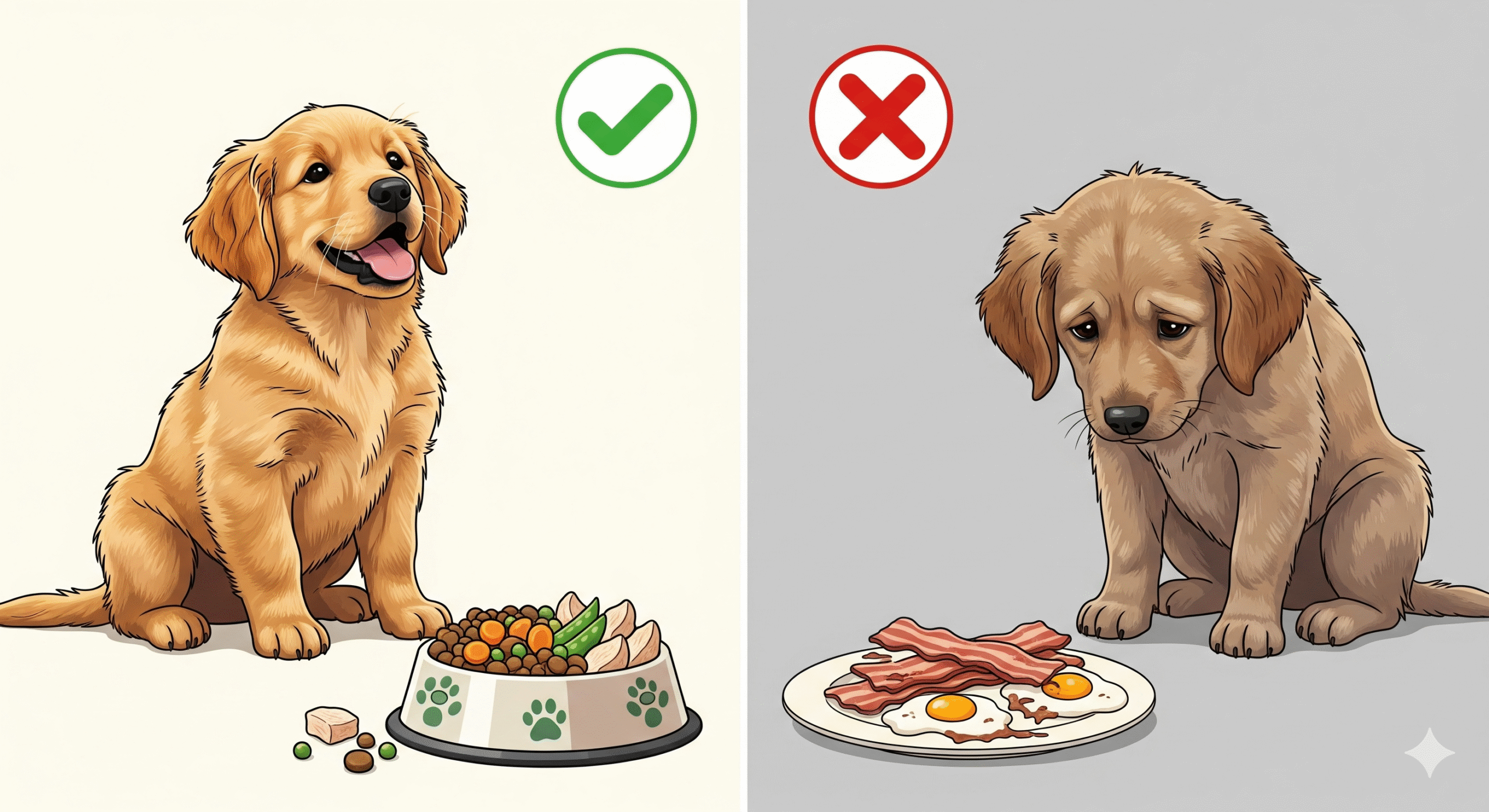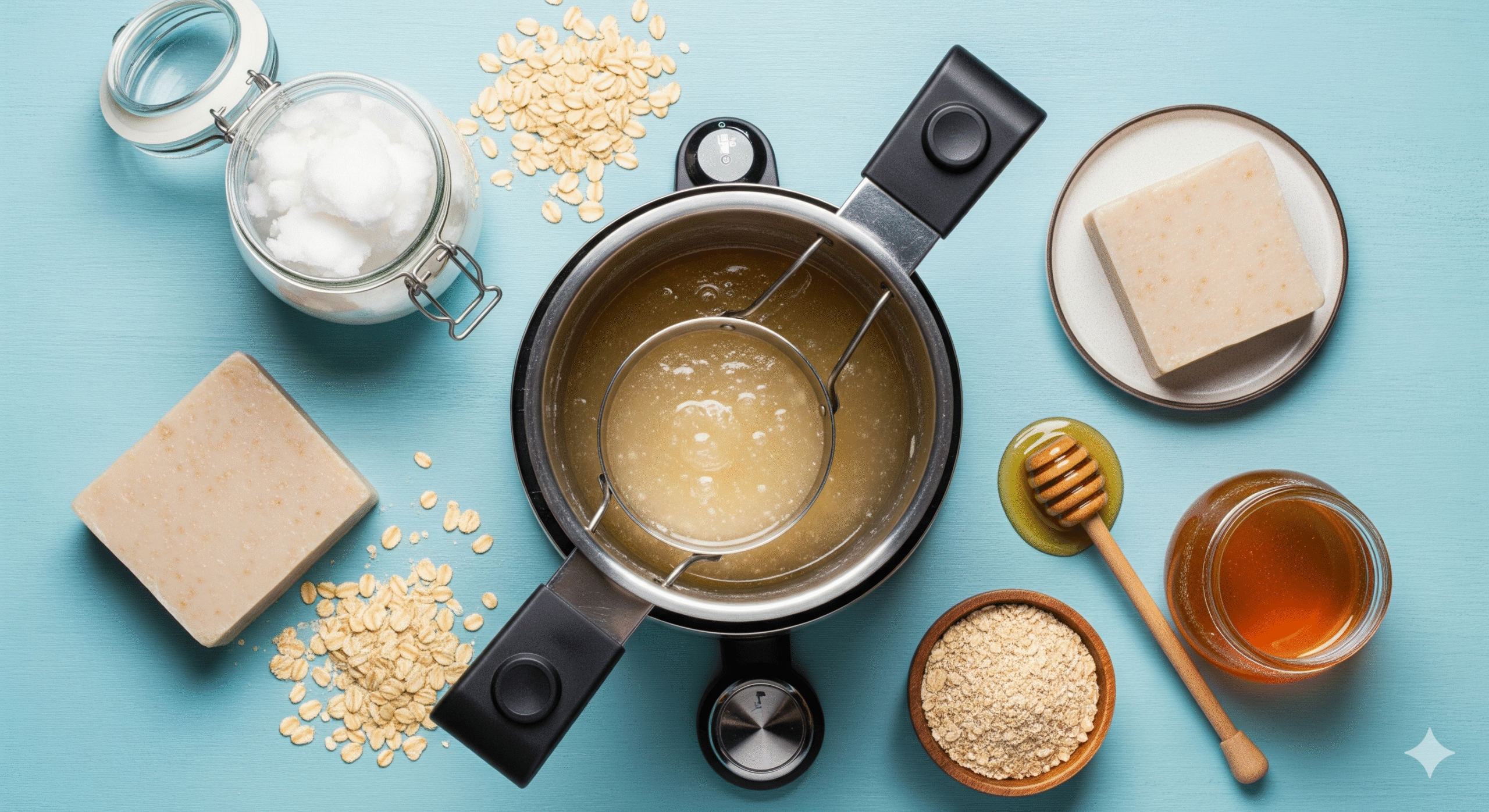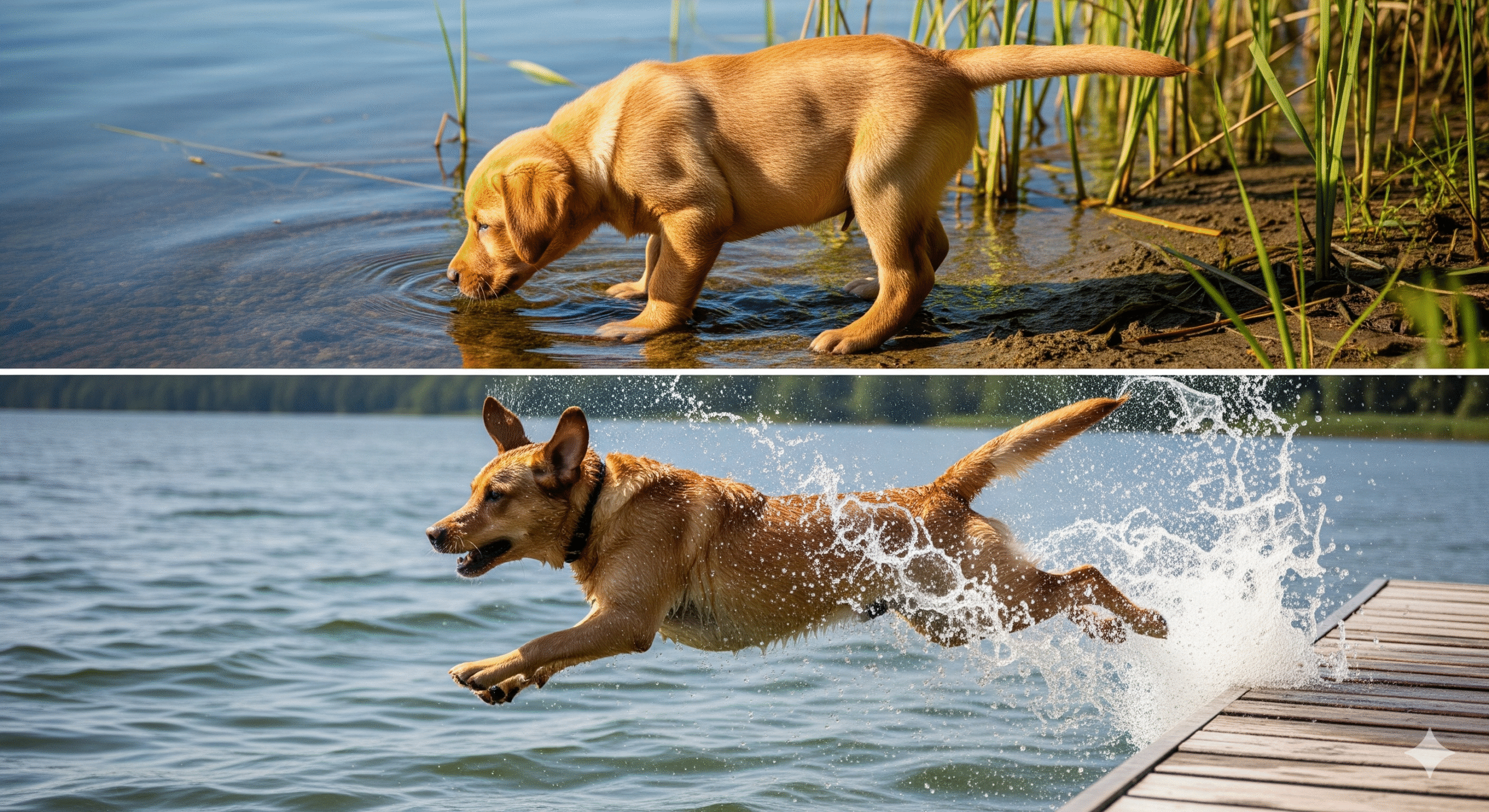The bond we share with our pets is profound, and for many ethically-minded owners, that bond extends to the food they provide. As vegan and plant-based lifestyles gain traction for human health and environmental reasons, it’s natural to wonder if our furry family members can thrive on a similar diet. The question of a vegan diet for puppies is particularly sensitive. Puppies are in a critical stage of development, and their nutritional needs are non-negotiable.
This comprehensive guide delves deep into the complex world of raising a puppy on a vegan diet. We’ll explore the potential benefits, the significant risks, and the absolute essential steps you must take to ensure your puppy grows up healthy and strong on a plant-based regimen.
Understanding a Puppy’s Nutritional Needs 🦴
Before considering any dietary shift, it’s crucial to understand what a puppy requires. Puppies are not small adult dogs; they are growing rapidly, and their bodies need a precise balance of nutrients to support bone development, muscle growth, and cognitive function.
The key building blocks for a healthy puppy include:
- High-Quality Protein: Essential for building muscles, organs, enzymes, and a strong immune system. Puppies need a higher protein percentage than adult dogs.
- Amino Acids: Proteins are made of amino acids. Taurine and L-carnitine are particularly vital for heart health and metabolism. While dogs can synthesize some taurine, certain breeds and diets can lead to deficiencies.
- Fats and Fatty Acids: Provide concentrated energy and are crucial for brain development and a healthy coat. DHA (an omega-3 fatty acid) is critical for puppy brain and vision development.
- Calcium and Phosphorus: Must be present in the correct ratio for proper bone and teeth formation. An imbalance can lead to severe skeletal deformities.
- Vitamins and Minerals: A full spectrum, including Vitamin D, Vitamin B12, iron, and zinc, is necessary for metabolic processes and overall health.
A conventional puppy diet derived from animal products naturally contains these elements in a highly bioavailable form. Replicating this with plants is the central challenge of a vegan dog nutrition plan.
The Potential Pros of a Vegan Puppy Diet 👍
While the debate is fierce, some owners and a growing number of studies point to potential benefits, primarily for the owners’ ethics and in specific cases for the dog.
- Ethical Alignment: For owners who choose veganism to avoid animal suffering, feeding their pet animal products can create a moral conflict. A successfully managed plant-based diet resolves this conflict.
- Environmental Sustainability: 🍃 The production of plant-based proteins generally has a lower environmental footprint (less water, land use, and greenhouse gas emissions) compared to livestock farming.
- Management of Certain Allergies: In rare cases, a puppy might have severe allergies to specific animal proteins (e.g., beef, chicken, or dairy). A vegan puppy food can serve as an effective elimination diet in these specific instances, under veterinary supervision.
- Potential for Lower Contaminants: Some studies suggest plant-based diets may have lower levels of environmental contaminants that can accumulate in animal tissues.
It is vital to note that these pros are often secondary to the primary goal: the puppy’s health. The ethical and environmental benefits mean nothing if the diet is nutritionally inadequate.
The Significant Cons and Dangers ⚠️
This is where extreme caution is required. The risks of an improperly formulated vegan diet for puppies are severe and can lead to lifelong health issues or even be fatal.
- Nutritional Deficiencies: This is the biggest risk. Plant-based proteins are often not “complete” and may lack sufficient levels of crucial amino acids like taurine and L-carnitine. Deficiencies can lead to Dilated Cardiomyopathy (DCM), a deadly heart condition.
- Improper Calcium-to-Phosphorus Ratio: 🦴 Getting this ratio wrong is dangerously easy with homemade vegan meals. Too much or too little of either can cause catastrophic bone problems and growth abnormalities.
- Lower Protein Digestibility: Plant proteins are generally less digestible for dogs than animal proteins. This means a puppy may struggle to break down and absorb the nutrients it needs from its food.
- Lack of Long-Term Studies: While research is expanding, there is a significant lack of long-term, large-scale studies on the effects of a vegan puppy diet throughout a dog’s entire life, starting from the puppy stage. Most expert opinions urge caution due to this uncertainty.
- The Complexity of Formulation: Crafting a nutritionally balanced vegan meal for a growing puppy at home is incredibly complex. It is not as simple as replacing meat with lentils. The margin for error is tiny.
Red Flags to Watch For
If you are proceeding with a vegan diet, be hyper-vigilant for these signs of poor health, which require immediate veterinary attention:
- Lethargy or low energy
- Poor growth or weight loss
- Dull, dry, or flaky coat
- Digestive issues (chronic diarrhea or constipation)
- Muscle wasting
How to Safely Implement a Vegan Diet (If You Proceed) 🛡️
If, after considering the risks, you decide to move forward, you must do so with meticulous care and professional guidance. Never simply feed your puppy table scraps or a haphazard mix of plants.
- 1. Consult a Veterinary Nutritionist: ✅ This is not optional. Do not rely on your general vet alone unless they have specific expertise in nutrition. A board-certified veterinary nutritionist can formulate a balanced homemade recipe or recommend a commercial product that meets all of your puppy’s needs.
- 2. Choose a Commercial Vegan Puppy Food: The safest route is to select a high-quality, commercially prepared vegan puppy food that is formulated to be “complete and balanced” according to AAFCO (Association of American Feed Control Officials) standards for growth or all life stages. Look for this explicit wording on the bag.
- 3. If Homemade, Get a Professional Recipe: Never use a recipe from a generic blog or book. A veterinary nutritionist will create a custom recipe for your specific puppy breed and size, and will prescribe necessary supplements.
- 4. Supplementation is Mandatory: 🧴 A homemade vegan diet will require supplements to provide Vitamin B12, Vitamin D, taurine, L-carnitine, and possibly others. The nutritionist will specify exact types and dosages.
- 5. Transition Slowly: Gradually mix the new vegan food with the old food over 7-10 days to avoid stomach upset.
- 6. Schedule Frequent Veterinary Check-ups: Your puppy will need regular blood tests and wellness exams to monitor their growth, organ function, and overall health. Be prepared to pivot back to a conventional diet if any health concerns arise.
Expert Insights: What Do the Vets Say? 🩺
The consensus among most veterinary bodies is one of caution. The British Veterinary Association (BVA) currently states that while it is possible to feed dogs a vegetarian diet, it is much easier to get wrong than right. They do not recommend vegetarian or vegan diets for cats, which are obligate carnivores, but note that dogs can theoretically thrive on a carefully formulated plant-based diet.
The key takeaway from experts is that the burden of proof is on the owner to prove the diet is healthy, not on the vet to prove it is not. Your veterinarian is your most important ally in this process, even if they are skeptical. Open communication and a commitment to monitoring are essential.
Actionable Tips for a Healthy Plant-Based Puppy
- Research Brands Thoroughly: Invest time in finding a commercial vegan dog food brand with a strong reputation, transparent sourcing, and AAFCO certification for growth.
- Prioritize Regular Blood Work: This is the only objective way to catch deficiencies before they become clinical problems.
- Be Flexible: Your puppy’s health must come first. If the vegan diet isn’t working, despite your best efforts, have a plan to switch back to a high-quality conventional diet. This isn’t a failure; it’s responsible pet ownership.
- Focus on Whole Foods: If making food, use digestible whole foods like lentils, chickpeas, quinoa, sweet potatoes, and pumpkin, always within the guidelines of your formulated recipe.
- Stay Informed: The science of vegan dog nutrition is evolving. Stay updated on new research and commercial product developments.
Conclusion: A Path That Requires Diligence
The decision to put your puppy on a vegan diet is a weighty one, filled with ethical considerations but also significant nutritional risks. While possible in theory, it is a path that demands an extraordinary level of commitment, financial investment in professional guidance and quality food, and vigilant monitoring.
The safest and most highly recommended approach is to choose a commercial vegan puppy food that is AAFCO-certified for growth. The riskiest path is attempting to create a homemade diet without expert supervision.
Whatever you decide, your puppy’s well-being must be the north star guiding your choice. Partner with your vet, invest in a veterinary nutritionist, and be prepared to adapt. A healthy, happy puppy is the ultimate goal, regardless of the diet you choose.
Ready To Make The Switch? Talk To An Expert First! 🐕💚
Your puppy’s health is priceless. Before you make any drastic changes to their diet, consult with a board-certified veterinary nutritionist. They can provide the expert guidance and custom formulation needed to navigate this complex journey safely. Your puppy will thank you for it!
